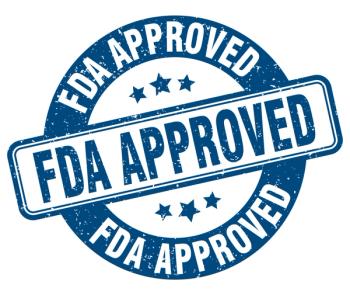
Campaign launched to stop teens' drug abuse
When it comes to teenagers and drug abuse, there's good news and bad news. The bad news comes from a recent Partnership for a Drug-Free America Attitude Tracking study of parents and teens. The study reveals that nearly 20%-or more than 4.5 million-of teens report that they have intentionally abused prescription pain medications. One in 10 teens has abused nonprescription cough medicines with the ingredient dextromethorphan (DXM). The good news is that parents and pharmacists can have a major impact on significantly reducing this abusive behavior.
Kids who report learning about the risks of drugs from their parents or from other key adult caretakers or mentors are up to 50% less likely to use drugs than are kids who don't learn about the risks. The bad news is only three out of 10 teens report getting this benefit, Hedrick pointed out.
With only 30% of teens reporting that they are getting this message, the Partnership and CHPA believe there's no better time to launch an educational awareness campaign. The effort consists of TV, radio, and print public service ads as well as an educational brochure entitled A Parent's Guide to Preventing Teen Cough Medicine Abuse.
Terry Horton, M.D., medical director of the drug treatment program at Phoenix House, was also on hand at the conference. He said that Vicodin, OxyContin (oxycodone, Purdue Pharma), and Xanax (alprazolam, Pfizer) as well as OTCs with DXM are abused by many teens.
According to Bessie Oster, director of Facts on Tap, a student drug and alcohol education and prevention program at Phoenix House, New York, "Pharmacies and other businesses can limit access by putting products containing DXM behind the counter, and some have already started to do so. Facts on Tap encourages parents to keep track of drugs containing DXM and avoid keeping a supply in the home."
The Partnership's Tracking study found that nine out of 10 parents of teens said they have talked to their teens about the dangers of drugs, yet fewer than one-third of teens said they "learn a lot about the risks of drugs" from their parents.
"If a kid is in trouble, he or she needs to be identified and get drug treatment," Horton said. "Parents, teachers, doctors, and pharmacists can identify them. Kids told us that going to a pharmacy was not a problem in obtaining huge quantities of OTCs. If the pharmacy industry could become involved in identifying and in the referral of problem children, that could be a solution. Drug treatment works, but only 10% of kids who need treatment seek it."
Newsletter
Pharmacy practice is always changing. Stay ahead of the curve with the Drug Topics newsletter and get the latest drug information, industry trends, and patient care tips.























